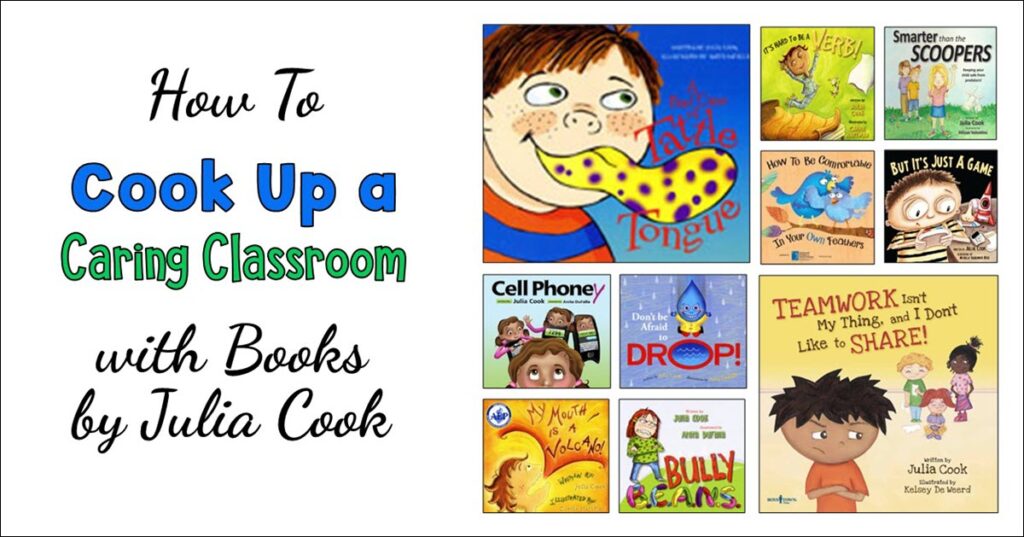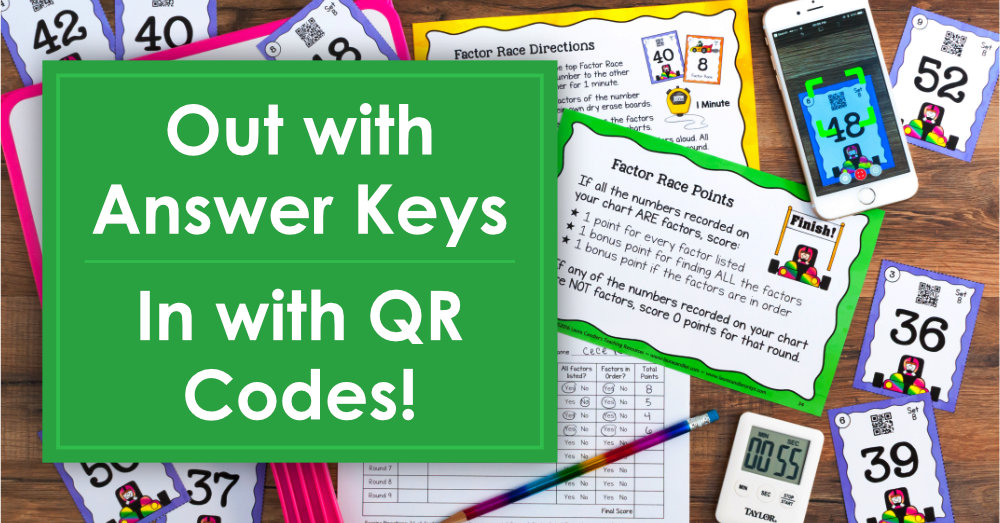Raising academic standards is certainly a worthy goal, but sometimes it can have unintended consequences. To find time to teach the rigorous reading and math Common Core standards, many schools are cutting back on physical education, the arts, and life-skill lessons. Yet we need to remember that we aren’t teaching programmable robots – we are teaching children. Our students arrive in our classrooms with unique social, physical, and emotional needs that can’t be ignored. The key to teaching the whole child is fostering a caring classroom environment while upholding high academic standards.
Implementing Class Meetings
How do we find time in an already packed day to teach social skills and foster caring classrooms? For me, regular class meetings were the answer. They provided the perfect opportunity to work through the social and emotional issues that popped up throughout the year. I started having just two meetings per week, one on Monday and one on Friday, but they were so effective that I soon implemented daily morning meetings. For about 20 minutes each morning we gathered on our carpet to set purposes for learning and work through any classroom issues. Often I read aloud a children’s book that provided a springboard for discussion of deeper issues. It was during those times that we became a family of classmates who listened to each other and cared enough to work things out.
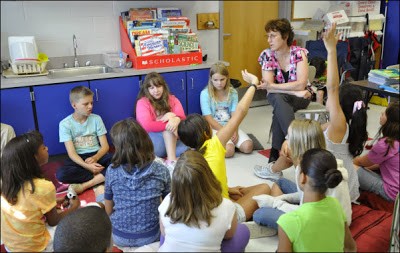
Julia Cook Inspires Kids to Become Lifelong Problem Solvers
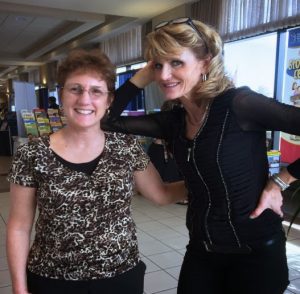
I recently had the pleasure of meeting Julia Cook, a former guidance counselor and the author of dozens of books that deal with social and emotional issues. How I wish I had known about Julia Cook when I was still teaching!
Julia and I connected at the Elementary School Conference, and it didn’t take long to discover her passion for writing books that enable kids to become life-long problem solvers. You might be familiar with some of her more popular books like My Mouth is a Volcano and A Bad Case of Tattle Tongue, but you might not be aware that she has written over 40 such books and many of them have teacher guides to go with them. I only had to read a few of her books to fall in love with them!
Julia truly has a gift for digging into the heart of each issue in ways that appeal to kids of all ages. As I began to explore her complete collection, all I could think about was how perfect they would be for class meetings! I could imagine reading one book per week depending on the needs of my students, and using the book as a point of discussion throughout the week.
Reading Julia Cook’s Books at Class Meetings
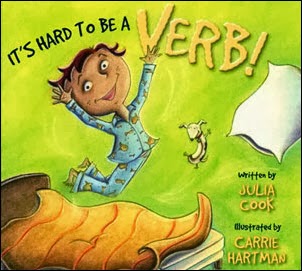
Julia’s books are ideal for fostering class discussion because each one is short, engaging, and focuses on just one topic. Whether the characters are children or animals, they are appealing and they face issues to which most kids can relate. Not only do they teach kids how to deal with problems, the books include proactive strategies and actions kids can take to avoid having those problems in the future. For example, It’s Hard to Be a Verb gives overactive kids strategies to help them focus. The term “ADHD” is not mentioned in the book, but anyone teaching children with ADHD would find this to be a helpful resource. Another of my favorites, Teamwork It’s My Thing and I Don’t Like to Share, includes specific strategies to help kids work more effectively in teams. As a further bonus, many of Julia’s books have a companion teacher guide that you can purchase with activities and ideas to extend learning. Visit her website, JuliaCookOnline.com, to see all of her titles and learn more about them.
Julia Cook Book Titles and Topics Checklist
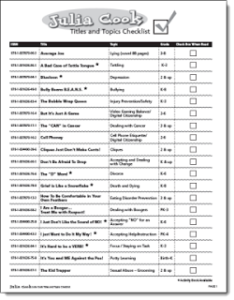
After I realized that Julia’s books would be ideal for class meetings, I asked her if she had a chart with all of her book titles and the corresponding issues addressed by each book. She didn’t, but she agreed that it was a terrific idea. One of her publishers, the National Center for Youth Issues, offered to create this chart as a helpful guide for teachers. Download the Julia Cook Titles and Topics Checklist and use it to help you locate the books you need for specific topics. You’ll even find the ISBN number for each book to help you locate it! After you read each book to your class, check it off in the right hand column to keep track of which ones you’ve read to your class.
Recipe for Success
Some might argue that implementing the Common Core means there’s no time to teach social skills or help kids become life-long problem solvers. However, I would argue that it’s more important than ever that we find the time to teach life skills. The new standards require students to become actively engaged in their learning, often working with others to accomplish a task. If we don’t take time to teach kids to work together effectively, those lessons will be wasted and academic progress will suffer. We must teach the whole child and not focus on academics alone. Thankfully, each of Julia’s books offers a recipe for success to enable kids to deal with important issues.
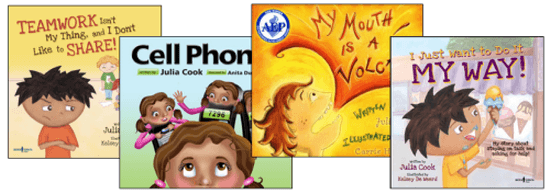
How can you find the time to teach social skills? Look over your daily schedule and talk with your administrator about how you might be able to work a few class meetings a week into your plans. If you absolutely can’t find the time, how about reading one book each week as a part of your literacy instruction? Reading just one book per week will help you cook up a caring classroom of students who are destined for success!

